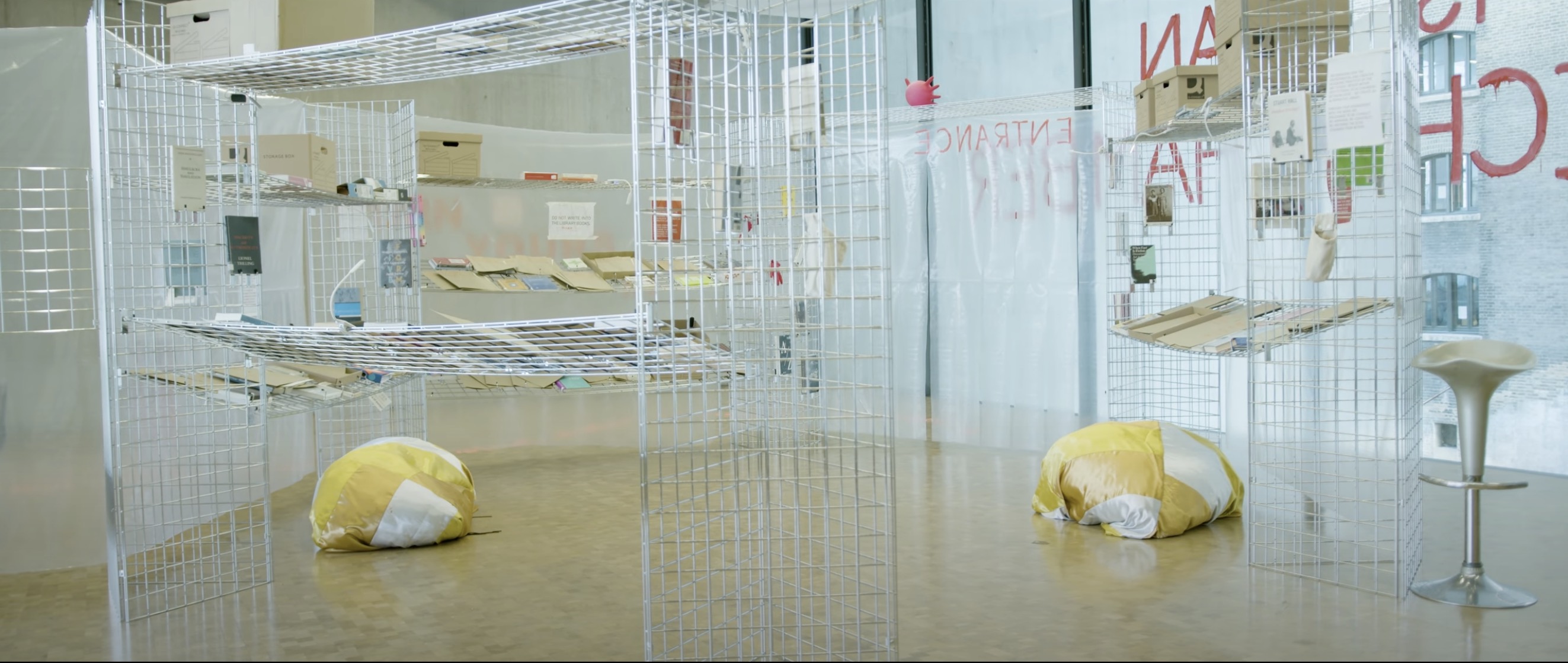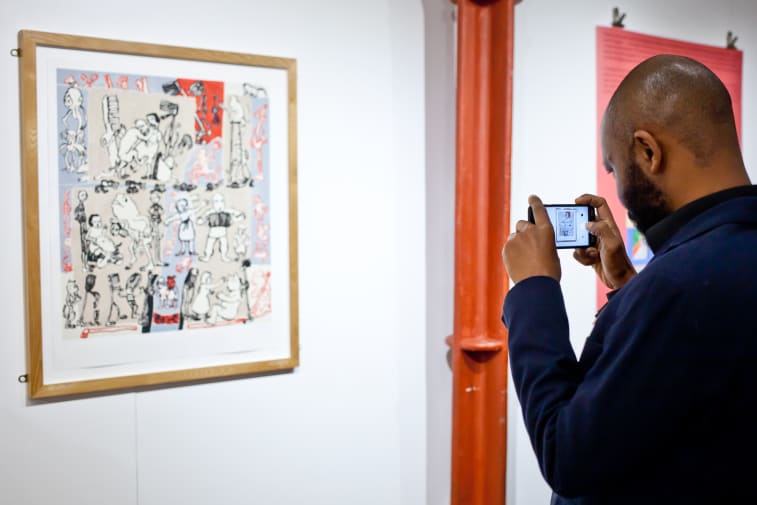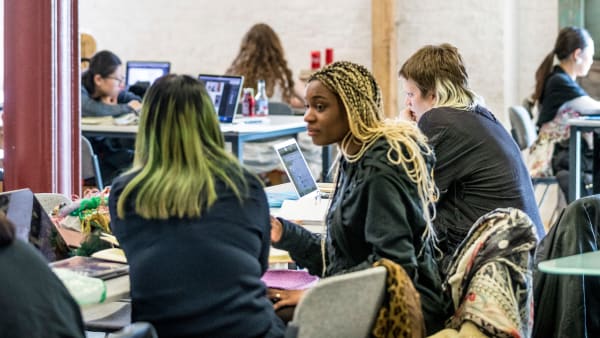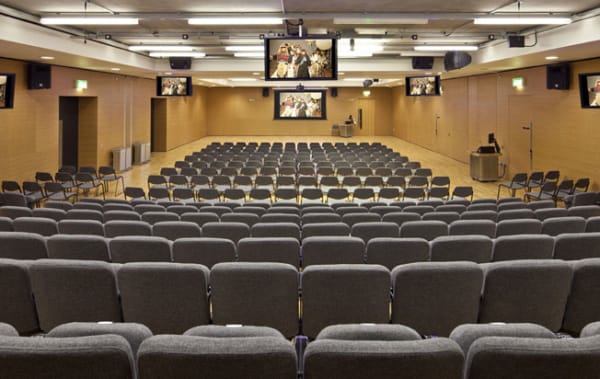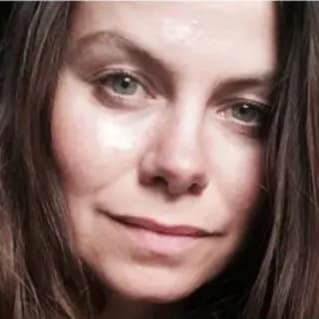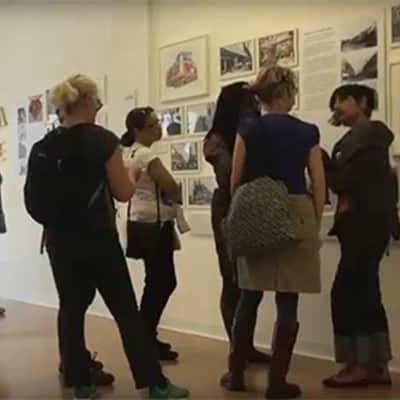Course units
On this course, you will reflect on a range of methodologies to engage critically with aspects of curation, research and writing. You will draw upon approaches from cultural and historical studies to integrate curatorial practice across all three years of your degree. The course offers you the opportunity to engage with local communities, industry partners and the wider heritage sector. The overarching aim of the course is to equip you with the skills to produce curatorial outputs that are relevant, ambitious and in-line with the University’s broader objectives of equality, climate, and ecology.
Year 1
Unit 1: Introduction to Culture, Criticism and Curation
Unit 2: Introduction to Cultural Histories and Theories
Unit 3: Introduction to Critical Writing as Practice
Unit 4: Introduction to Curatorial Ethics
Unit 5: Creative Unions
Units in Year 1 introduce you to aspects of culture, criticism and curation through lectures, seminars, self-directed and group projects. The units establish a foundation of different knowledges in the histories and theories of culture and introduce you to practices of writing and curating. You will explore and develop your individual strengths and learn to work with others.
Year 2
Unit 6: Exploring Critical Issues in Culture
Unit 7: Interrogating Histories
Unit 8: Exploring Contemporary Cultural Theories
Unit 9: Interrogating Usable Pasts
Year 2 further develops ideas, theory and approaches explored on Year 1 and enables you to apply critical and practical enquiry through academic writing and curatorial projects. Units 6 and 8 offer opportunities to think through debates in response to social issues surrounding histories and culture. The elective unit offers a deeper and more focused engagement with academic fields of your choice. Seminars and lectures from creative researchers, cultural makers and academics, will introduce philosophical and original perspectives on the relationship between thinking and doing.
Year 3
Unit 10: Exploring Critical Issues in Culture: Elective 2
Unit 11: Dissertation via Critical Practice or Theories
Unit 12: The Curatorial Commons and Publics Project
Unit 13: Curatorial Projects and Realisation
Your final year focuses on developing your independence and realising ideas and practices that are defined by social and political contexts, identities and situations. You will develop and complete your dissertation and group project on Unit 11 and 12. You will expand your understanding of the relationship between your main study and the wider field of curation and cultural production. Key focus will be on a deeper engagement with forms and approaches, political activism and solidarity as a collective process on Unit 13. The learning is developed through your research, group work and individual projects. The aim is to actively engage with aspects of care, agency and criticality in all aspects of your work.
Mode of study
BA Culture, Criticism and Curation runs for 90 weeks in full time mode. It is divided into three stages over three academic years. Each stage lasts 30 weeks. You will be expected to commit 40 hours per week to study, which includes teaching time and independent study.
CSM Academic Support is delivered by a team of academics and practitioners working alongside your course to help you progress and achieve your maximum potential as a student. Academic Support can help you to develop your skills in different areas, including critical thinking, research and writing, time management, presentations and working independently and collaboratively. These may be offered as part of your timetabled classes or as bookable tutorials and workshops.
Credit and award requirements
The course is credit-rated at 360 credits, with 120 credits at each stage (level).
On successfully completing the course, you will gain a Bachelor of Arts with Honours (BA Hons degree).
Under the Framework for Higher Education Qualifications the stages for a BA are: Stage 1 (Level 4), Stage 2 (Level 5) and Stage 3 (Level 6). In order to progress to the next stage, all units of the preceding stage must normally be passed: 120 credits must be achieved in each stage. The classification of the award will be derived from the marks of units in Stages 2 and 3 or only Stage 3, using a dual algorithm.
If you are unable to continue on the course, a Certificate of Higher Education (CertHE) will normally be offered following the successful completion of Level 4 (or 120 credits), or a Diploma in Higher Education (DipHE) following the successful completion of Level 5 (or 240 credits).
